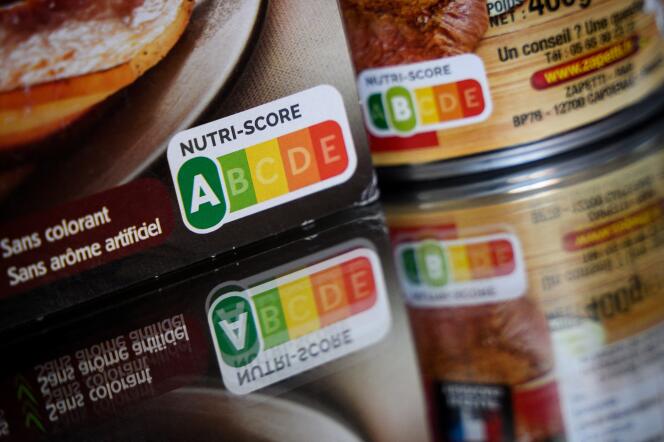Food, DIY, sports, household appliances… labeling intended to guide consumer choice towards products that are less harmful to health or the planet is increasing. A new sector joined this list at the end of October: the toy market, which produces a plethora of plastic items, often in factories in Asia.
Number 3 in toy sales in France behind Amazon and E.Leclerc and first specialized brand, with 9.4% of the market in 2022 according to panelist Circana, King Cadeau designed a “toy score” with the help of Ecomaison , the eco-organization approved by the State for sorting and recycling household objects and materials.
An approach intended to estimate “the degree of eco-responsibility of a game or toy”, according to its manufacturing materials (recycled, recyclable, or mixed), its packaging and its origin (France, Europe or elsewhere), specifies the brand with 380 stores. The group, based in Voiron (Isère), screened 1,500 references out of the 8,000 sold in its stores. It intends to succeed in evaluating its entire offering over time.
“Incentivizing approach”
Since Monday October 23, the 400 toys having obtained a rating greater than or equal to 2 out of 5 have been subject to specific signage on the shelves of its stores and, on the Internet, in their descriptive sheet, to a graduation on a green color gradient. A presentation deliberately inspired by the Nutri-score, this rating scale intended to evaluate food products, because it is “familiar to the eye of consumers”explain Philippe Gueydon, the general director of King Cadeau, for whom “the hardest part was collecting the data from the manufacturers”.
On the other hand, the worst grades will be ignored… “We are not here to point the finger at bad students, we are in an incentive approach”, tries Mr. Gueydon. If he hopes to raise awareness among parents, “particularly for early childhood toys”, and that his initiative “will be taken over by other players in the sector”, he has no illusions. “This is not going to revolutionize the sale of Christmas toys, especially since with a price difference of 20 to 25% depending on the place of manufacture of the toy, there will always be people for whom the key to entry will be the price. »
It is also the first criterion of choice for two thirds of parents, according to a study carried out for King Cadeau by the Junior City institute, in October. Nevertheless, 47% of buyers acknowledge that they pay attention to the eco-responsible nature of games and toys, including “made in France”. “As with the Nutri-score, this can raise consumer awareness », hopes Mr. Gueydon.
You have 65% of this article left to read. The rest is reserved for subscribers.
